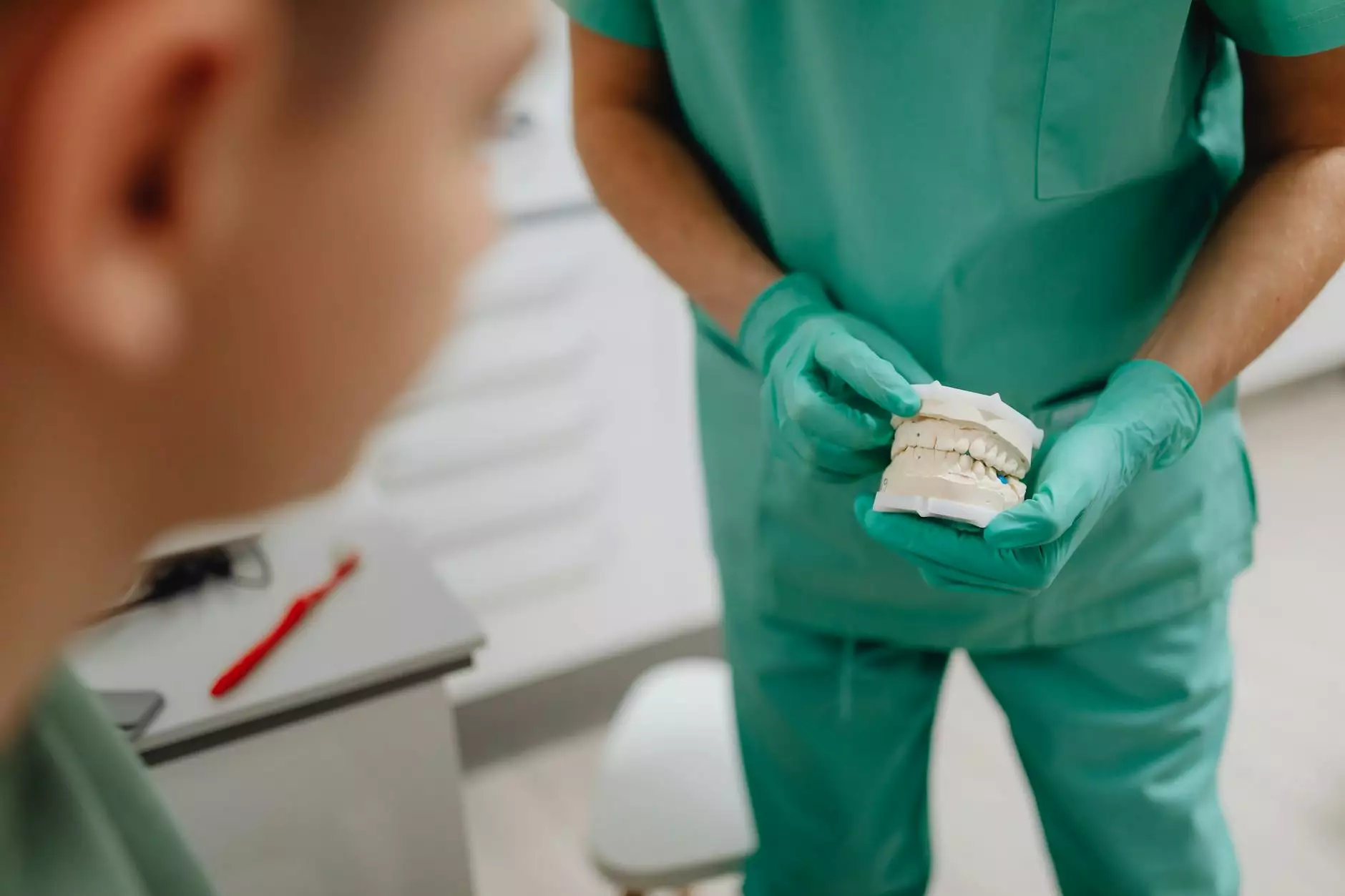Wisdom Teeth Removal in Chatswood: A Comprehensive Guide

If you live in Chatswood and are experiencing discomfort from your wisdom teeth, you're not alone. Many individuals require wisdom teeth removal due to various reasons. This extensive guide aims to provide you with all the essential information regarding the procedure, what to expect, and how to ensure a smooth recovery after the treatment.
Understanding Wisdom Teeth
Wisdom teeth, also known as third molars, typically emerge in late adolescence or early adulthood, around the ages of 17 to 25. However, for many individuals, these teeth can become problematic. Below are some key points regarding wisdom teeth:
- Location: Wisdom teeth are located at the back of your mouth, one in each quadrant.
- Purpose: They may have once helped our ancestors chew tougher foods, but modern diets have made them less necessary.
- Common Issues: Impacted teeth, infection, and overcrowding are some common issues associated with wisdom teeth.
When is Wisdom Teeth Removal Necessary?
Determining the need for wisdom teeth removal in Chatswood typically involves consultations with a qualified dentist. Here are several scenarios where removal is advised:
- Impaction: When wisdom teeth are unable to fully emerge, they can become trapped beneath the gums, causing pain and potential infection.
- Crowding: Insufficient space can lead to the misalignment of existing teeth, affecting your bite and smile.
- Decay or Gum Disease: Wisdom teeth can be difficult to clean properly, making them susceptible to decay and gum disease.
- Infection: Partially erupted teeth can create pockets for bacteria, leading to infections that may require surgical intervention.
The Wisdom Teeth Removal Procedure
The process of wisdom teeth removal is straightforward but varies based on whether the teeth are fully erupted or impacted. Here’s a step-by-step look at what to expect:
1. Consultation and Evaluation
Before the removal, your dentist will conduct a comprehensive examination. This usually involves:
- X-rays: They allow the dentist to view the position of the wisdom teeth and assess whether removal is necessary.
- Medical History Review: Inform your dentist of any underlying health conditions or medications that may affect the procedure.
2. Anesthesia Options
To ensure comfort during the procedure, your dentist will discuss anesthesia options, which may include:
- Local Anesthesia: Numbs the area around the tooth while you remain awake.
- Sedation Anesthesia: Provides a deeper level of sedation while allowing you to respond to verbal cues.
- General Anesthesia: Often used for complicated extractions, rendering you completely unconscious.
3. The Extraction Process
Once you're comfortable and sedated, the procedure will begin:
- Incision: If the tooth is impacted, your dentist may make an incision in the gum tissue.
- Bone Removal: If the tooth is embedded in bone, a small amount may need to be removed.
- Extraction: The tooth is carefully loosened and removed from the socket.
4. Closing the Wound
After extraction, the dentist will clean the site, and in some cases, stitches may be required to promote healing. A gauze pad will be placed over the area to control bleeding.
Recovery After Wisdom Teeth Removal
Recovery from wisdom teeth removal in Chatswood is crucial to ensuring proper healing. Here’s what you can expect:
1. Initial Recovery
Post-operative care is essential. Here are some tips:
- Rest: Take it easy for a few days, allowing your body to heal.
- Ice Packs: Apply ice packs to reduce swelling for the first 24 hours.
- Pain Management: Use prescribed medication or over-the-counter pain relievers as directed.
2. Dietary Considerations
What you eat following the procedure can significantly impact your recovery:
- Soft Foods: Stick to soft foods like yogurt, mashed potatoes, and smoothies.
- Avoid Hard or Crunchy Foods: Foods that may irritate the extraction site should be avoided until healing is complete.
- Stay Hydrated: Drink plenty of fluids but avoid using straws to prevent dislodging the blood clot.
3. Signs of Complications
It's important to monitor your recovery and be aware of potential complications:
- Excessive Bleeding: If bleeding doesn't subside after several hours, contact your dentist.
- Severe Pain: While some discomfort is normal, sudden or extreme pain could indicate an issue.
- Signs of Infection: Symptoms like fever and persistent swelling warrant immediate professional attention.
The Importance of Choosing a Qualified Dentist
When it comes to wisdom teeth removal in Chatswood, selecting a skilled dentist is paramount. Experienced practitioners at Clear Dental will ensure that the procedure is performed with care and precision. Here’s why:
- Advanced Techniques: Practitioners use the latest techniques and technologies to enhance patient comfort and minimize complications.
- Personalized Care: Each patient receives a tailored approach based on their specific needs and health history.
- Follow-Up Support: A good dental practice will provide comprehensive follow-up care to ensure a smooth recovery process.
Conclusion: The Path to Recovery
In conclusion, if you are considering wisdom teeth removal in Chatswood, understanding the procedure, recovery, and selecting a qualified dentist are key to a successful outcome. At Clear Dental, we pride ourselves on providing excellent care, ensuring your dental health is in skilled hands.
Don't ignore the signs of potential wisdom tooth problems. Schedule an appointment today to discuss your options and take the first step towards a pain-free smile!
wisdom teeth removal chatswood


